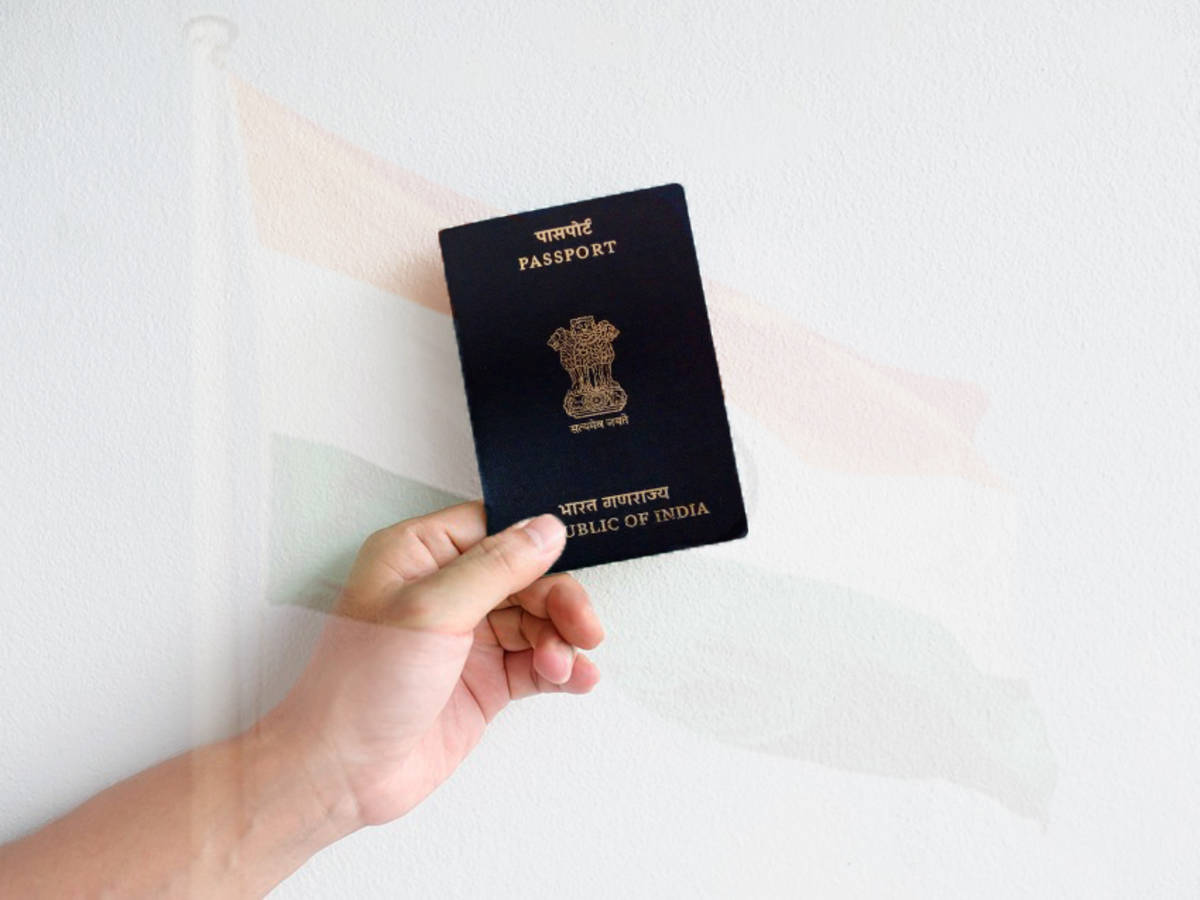
Planning a trip from India to Vietnam? Whether you are dreaming of cruising through Ha Long Bay, wandering the streets of Hanoi, or exploring the lively markets of Ho Chi Minh City, the first step is understanding your visa. Many Indian travellers assume that the Vietnam electronic visa, or eVisa, automatically lasts for 90 days from the day they arrive. However, this is not true — and misunderstanding your visa’s validity can lead to fines, denied entry, or travel complications. This guide explains everything about the Vietnam electronic visa validity for Indians so that your journey remains hassle-free and enjoyable from start to finish.
For Indian tourists visiting Vietnam, knowing the visa validity period is extremely important. Many travellers make the mistake of assuming their eVisa works like a typical tourist visa, starting from the day of arrival. In reality, Vietnam’s electronic visa works differently — its validity starts and ends on fixed dates mentioned in your approval document.
This means that even if your flight is delayed or you enter Vietnam later than planned, your visa’s expiry date remains the same. For example, if your eVisa is valid from 1 April to 30 June, it will expire at midnight on 30 June, no matter when you arrive.
Such misunderstandings can cause serious trouble for Indian travellers at immigration checkpoints. Therefore, it is important to double-check your travel dates before submitting your eVisa application. Once approved, the validity period cannot be changed or extended online.
Vietnam’s electronic visa allows Indian citizens to stay in the country for up to 90 days (three months). During the application process, you can choose between a single-entry or multiple-entry visa, depending on your travel needs.
When filling out the online form, you will be asked to select both your entry and exit dates. Your visa will only be valid for that exact period. For instance, if your visa approval mentions 15 March as the entry date and 14 June as the expiry date, you must leave Vietnam on or before 14 June — even if you enter late.
Many Indians travelling for business or tourism assume they will get 90 days from arrival, but the duration is fixed from the start date printed on the visa. Being aware of this can help you plan your itinerary and avoid any unnecessary stress during your stay.

When applying for a Vietnam electronic visa, Indian travellers can choose between single-entry and multiple-entry options. Both visas have the same validity of up to 90 days, but the flexibility differs.
A single-entry visa allows Indian citizens to enter Vietnam once and stay until the visa expires. If you leave Vietnam — even for a short trip to Cambodia or Thailand — your visa will automatically become invalid. This is best suited for travellers whose entire trip will take place within Vietnam.
A multiple-entry visa, however, allows you to enter and exit Vietnam multiple times during the validity period. This option is ideal for Indians who plan to visit neighbouring Southeast Asian countries and return to Vietnam later. However, remember that the visa expiry date remains fixed; multiple entries do not extend the total stay duration.
As per the latest immigration regulations, Vietnam does not currently allow online or in-country extensions of the electronic visa. Once your visa expires, you are required to exit Vietnam and apply for a new eVisa if you wish to return.
There are certain exceptions for emergencies such as medical treatment or unavoidable circumstances, where travellers may request an extension directly from the Vietnam Immigration Department. However, these are rare and subject to official approval.
For Indian travellers wanting to stay longer, the most practical solution is to make a short trip to a nearby country — such as Bangkok, Kuala Lumpur, or Phnom Penh — and reapply for a new visa before returning to Vietnam. To make the process faster and smoother, https://www.vietnamimmigration.com/apply-vietnam-visa/ offers verified visa services for Indian citizens, with 24/7 support, fast processing within 2–8 hours, and guaranteed approval.

Overstaying your Vietnam eVisa is a serious violation of immigration law. Even a one-day overstay can lead to fines of around 500,000 Vietnamese dong (approximately ₹1,700 INR) or more, depending on the duration of the violation.
If you overstay for an extended period, you may be blacklisted or banned from re-entering Vietnam for a certain period. Airlines may also refuse to let you board flights until the fine is settled.
To avoid such issues, always check your eVisa’s expiry date and plan to leave Vietnam at least a few days before it expires. If unforeseen circumstances occur, visit the nearest Vietnam Immigration Office to resolve the issue legally.
By understanding your visa’s validity and managing it carefully, Indian travellers can enjoy a smooth, worry-free journey while experiencing Vietnam’s beautiful scenery, warm hospitality, and rich cultural heritage.
For Indian travellers, understanding the Vietnam electronic visa validity is the key to a seamless trip. Knowing exactly when your visa begins and ends, what type of entry best suits your plans, and how to handle extensions or overstays will ensure a smooth travel experience.
When you are ready to apply, VietnamImmigration.com provides fast, verified, and secure visa processing for Indian citizens, ensuring peace of mind and convenience every step of the way.

